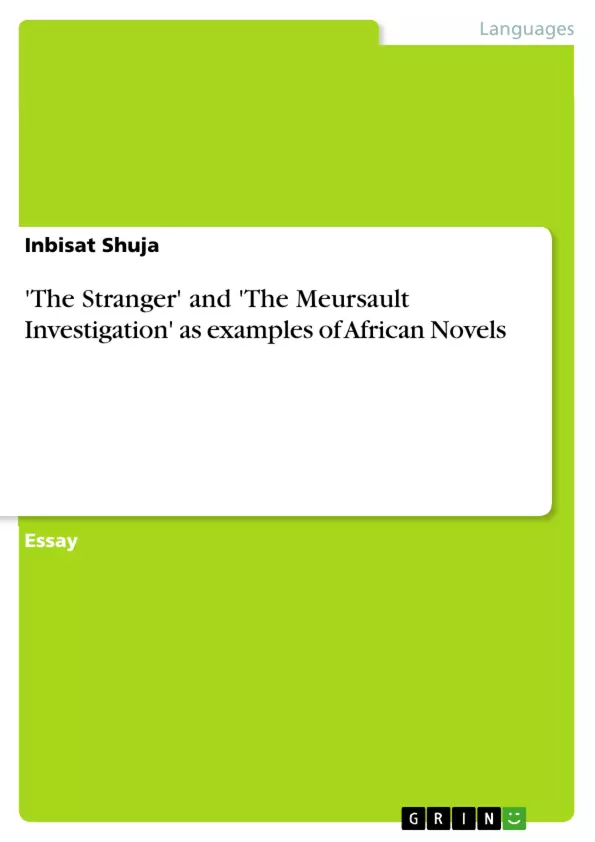What is the main focus of this research?
This research analyzes Albert Camus's The Stranger and Kamel Daoud's Meursault Investigation from a postcolonial perspective, focusing on the portrayal of Arab characters and the implications of their voicelessness in Camus's work versus their reclamation of voice and identity in Daoud's counter-narrative.



